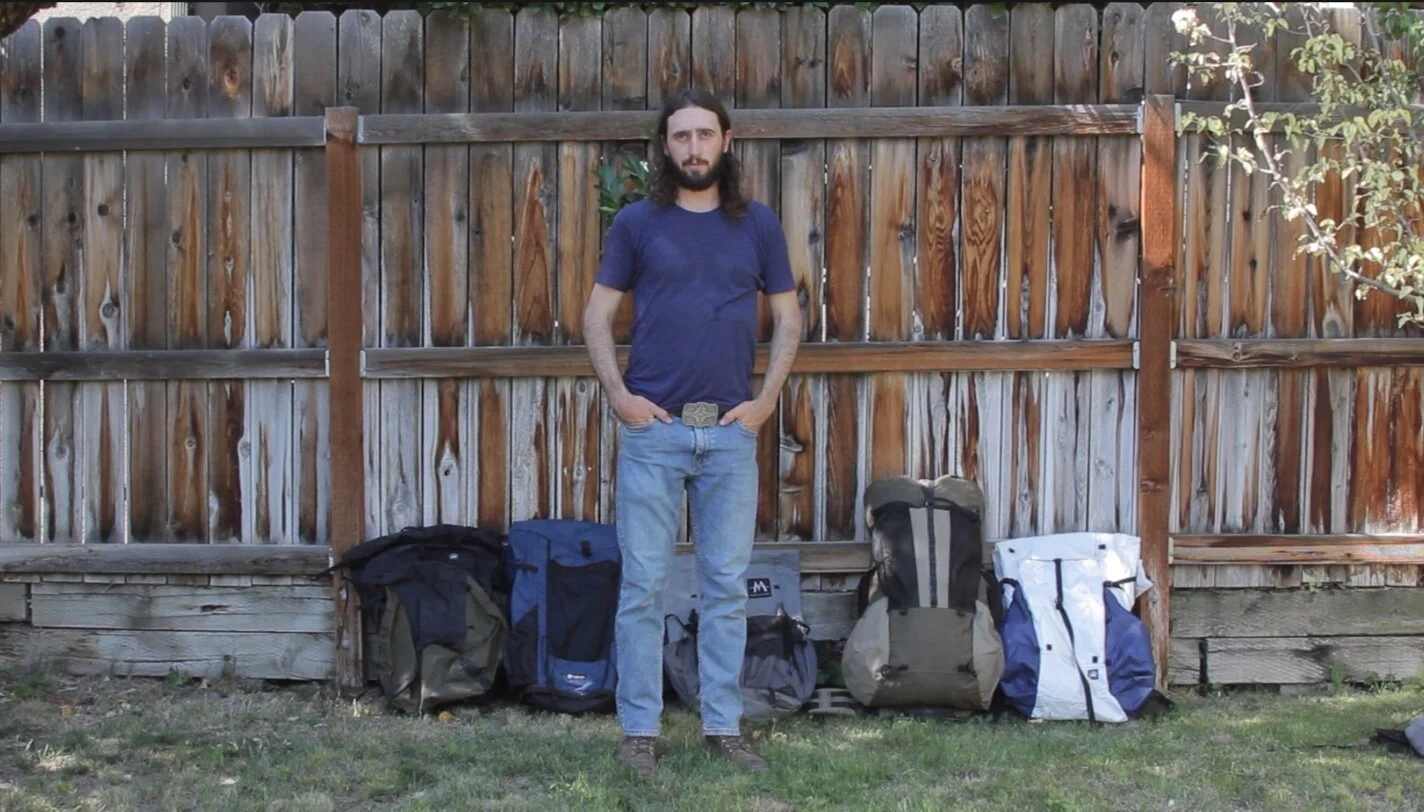With this modification, I made my Seek Outside Eolus much more adaptable to variable terrain and different pitch heights. It also allows me to pitch this tent faster.
As a kid from southern Utah, I’ve been backpacking across sandstone, down arroyos, and through willow thickets my whole life. This, in part, led me down a path of searching for ultralight or at least light-ish backpacks with attributes that make them ideal for canyon country backpacking. I have identified 5 features that make a backpack ideal for backpacking in the desert.
Some people begin packrafting because they’re looking for new ways to connect landscapes. Others begin packrafting because they’re sick of schlepping their 50lb kayak around. I’m in the former camp—an ultralight backpacker-turned-packrafter with extreme ultralight biases. When I wrote a packrafting gear list about 4 years ago, I didn’t realize how strong these biases were and how much they limited my packrafting abilities and comfort. At the time I hadn’t paddled much more than the ephemeral streams in Utah’s canyon country, so my experience was somewhat limited. That list still feels applicable to a certain kind of boating, but it has its limitations. Now, I think a different gear list is needed.
This complete packrafting gear guide is written for most people in most packrafting scenarios—I hope it will help you choose a packraft, a paddle, safety gear, and all the packraft-compatible backpacking gear you need for multi-day expeditions.
